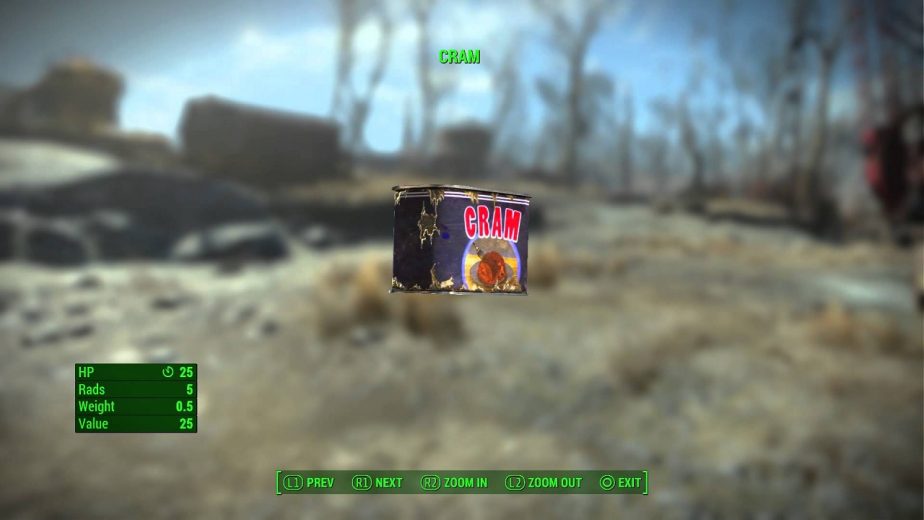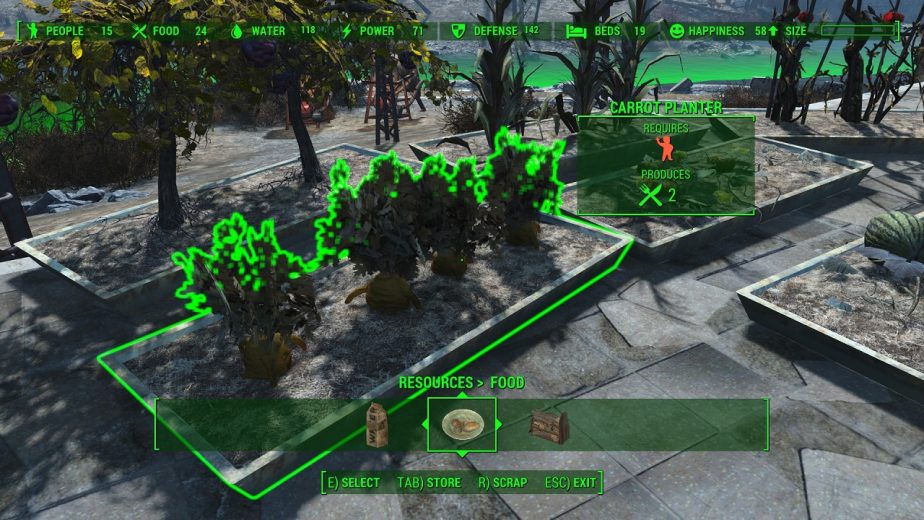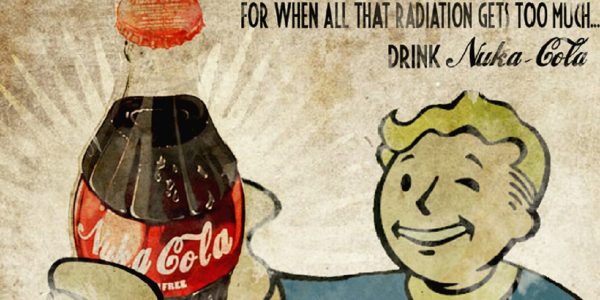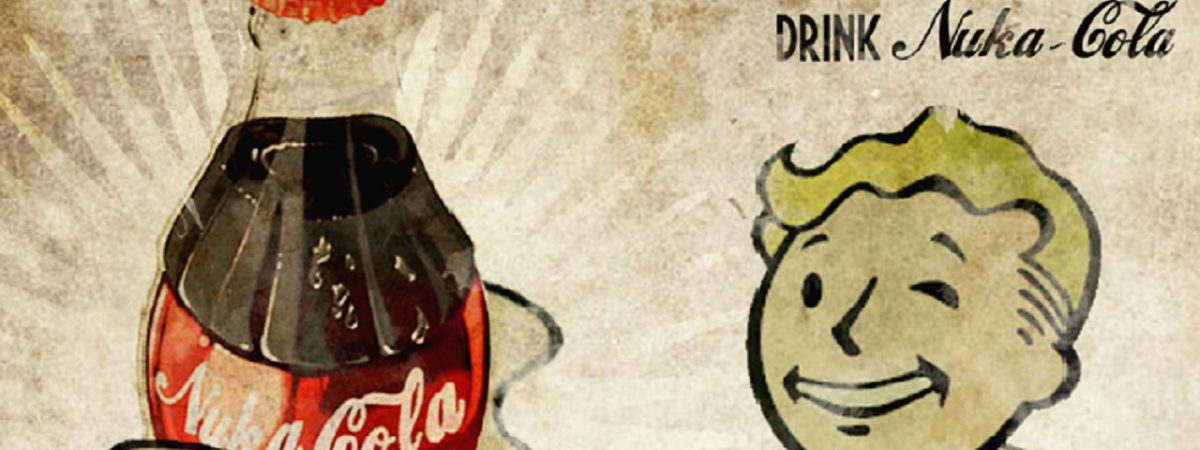Fallout 76 is set for release this coming November. In fact, the game’s B.E.T.A. is not far away at all; it will be taking place in October, in just a few weeks’ time. Recently, a real-life nuclear physicist gave an interview about the realism of Fallout 76. In addition to discussing how Vault-Tec’s vaults would likely cause more harm than good, and how the fallout wouldn’t be as devastating as Fallout depicts, he also addressed the Fallout 76 food. Would it really be “safe” to drink a 200-year-old bottle of irradiated Nuka-Cola?
The Fallout 76 Food – Irradiated but Edible?
Ever since Fallout 3, the Fallout settings have featured plenty of preserved and somehow edible foodstuffs. Unfortunately, while there are a few exceptions, most of the food is radioactive to some degree. As such, eating it usually comes with the detrimental side-effects of radiation damage, to a lesser or greater extent. Professor Paddy Regan of the University of Surrey, a professional nuclear physicist, was recently interviewed by PCGamesN, and during the interview he was asked whether that radiation-soaked food was actually realistic. As it happens, the food might be safer to consume than Bethesda depicts; “People irradiate food to make it last longer,” says Regan; “big X-ray machines are used to sterilize stuff, because it kills bacteria.”

Of course, at this sort of level, the radiation isn’t remotely harmful; otherwise it wouldn’t be such a common practice. While a nuclear blast could soak animals and plants, or existing prepared food, in radiation, the danger would generally vary. As Regan mentioned about the effects on the environment, a nuclear explosion is only harmful to plants within a few miles. Beyond that, plants could actually thrive due to humans leaving the area as a result of infrastructure failure. Given that, as Regan explains, mutations in animals are very unlikely to survive a single generation, radioactivity would likely have much lesser effects than those in Fallout. In fact, as he says, most food kept in tins would be perfectly edible anyway. As a result, the food in Fallout would probably not be quite so risky to consume.

A Real-World Example
“Getting radioactive material inside your body is generally not good for your health,” says Regan; “stuff in tin cans I think would be OK – what you’d be more worried about is eating bits of meat, or cows that had been grazing on the fields in the three or six months after the attack happened”. One real-world example of this occurred in the months following the Chernobyl nuclear disaster. People living near the site had an increased likelihood of developing thyroid cancer due to ingesting local cow’s milk; milk containing a certain radioactive isotope; “There’s certainly a statistical increase in thyroid cancer in young people after Chernobyl,” explains Regan; “but actually almost no one died from those. It’s treatable.”




